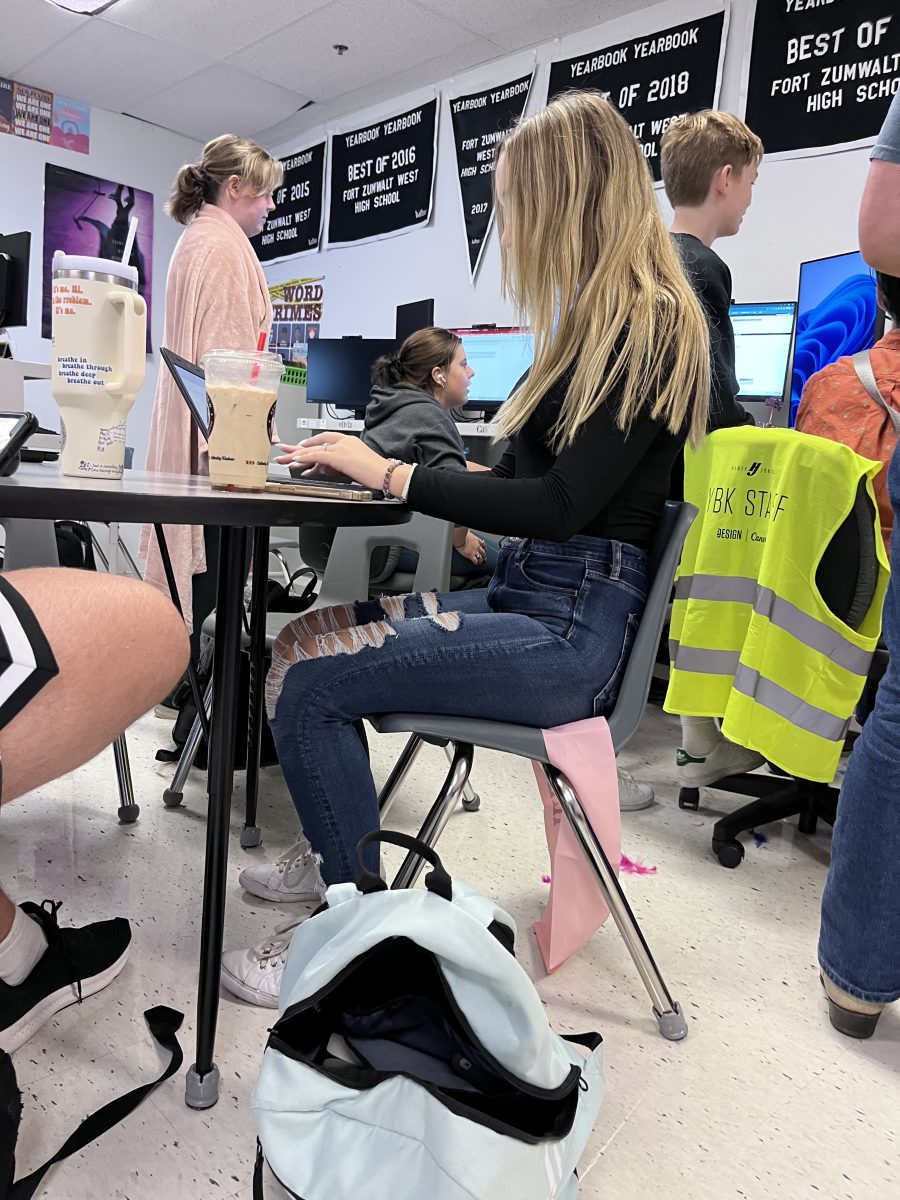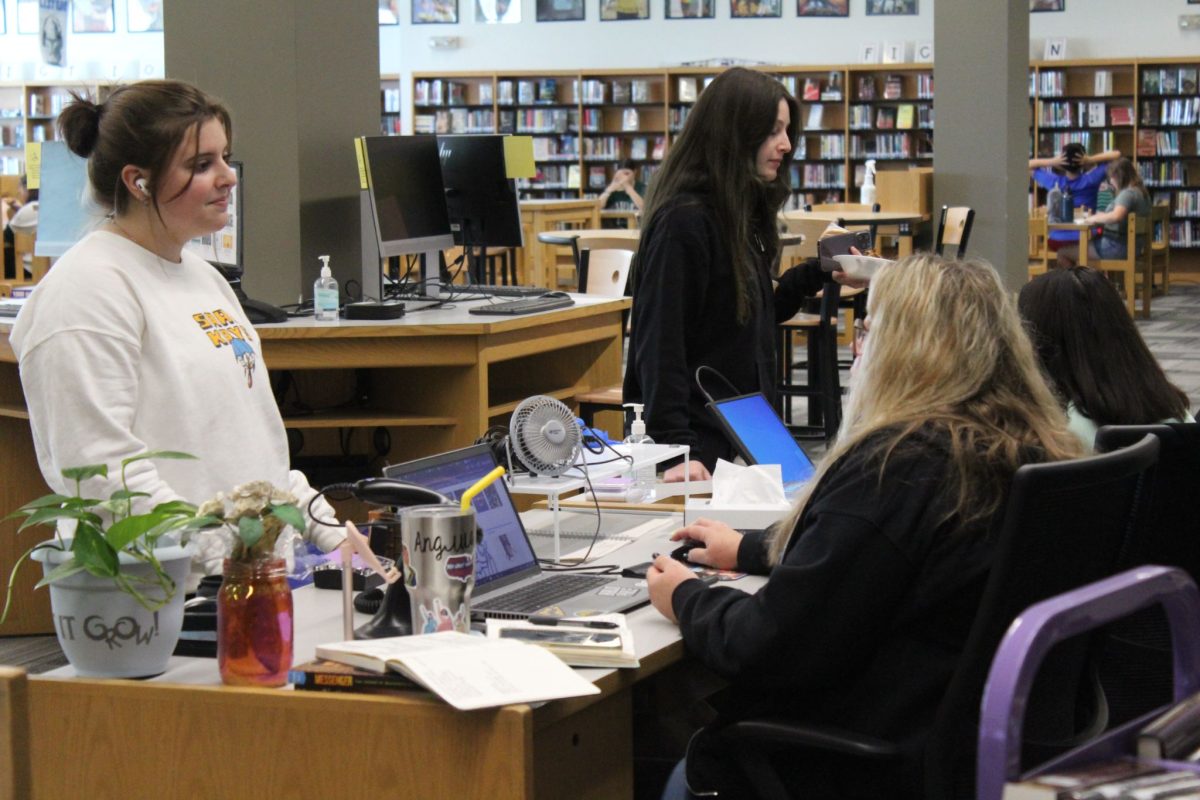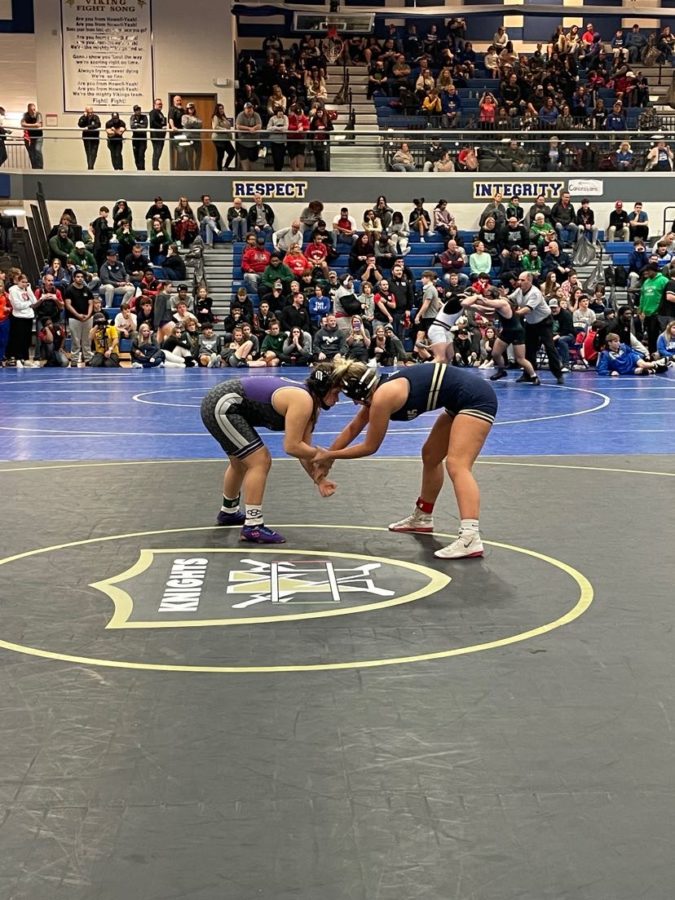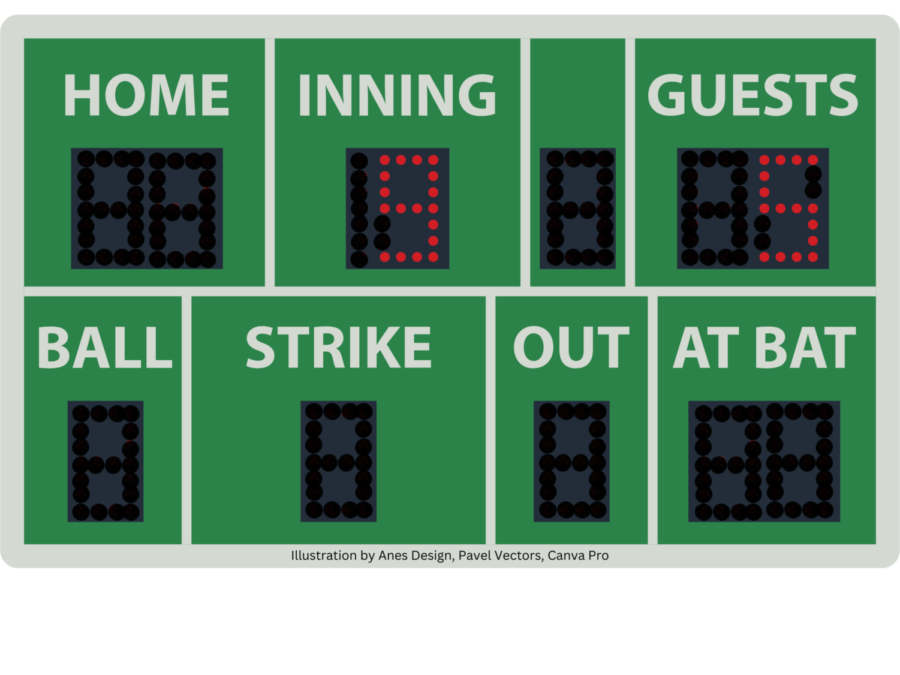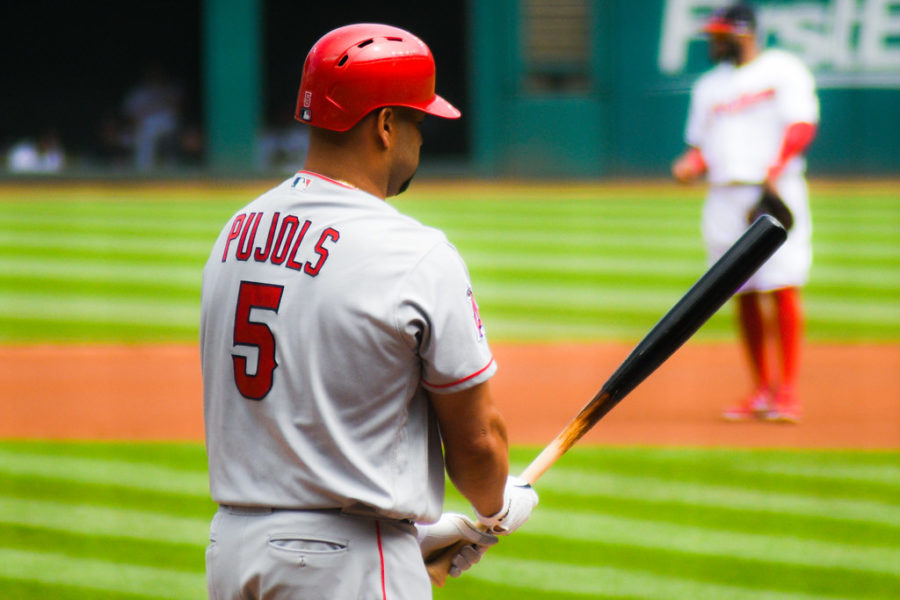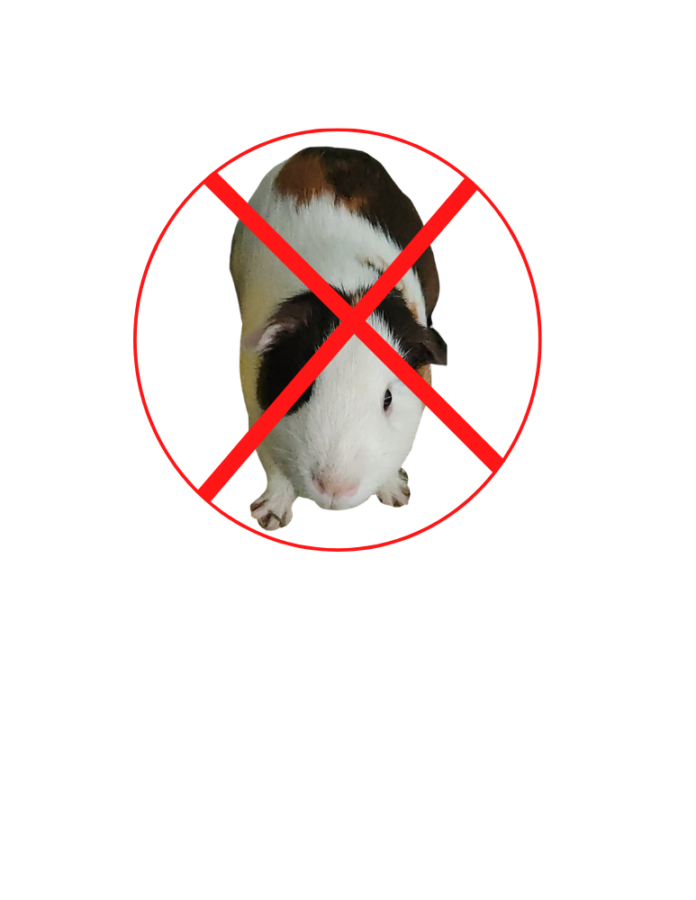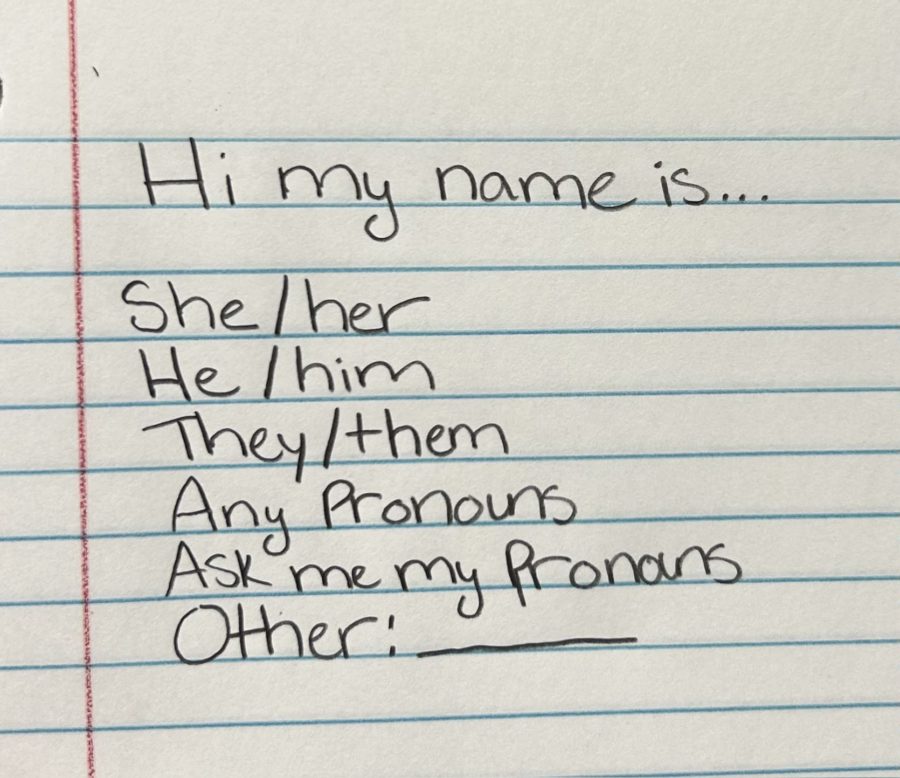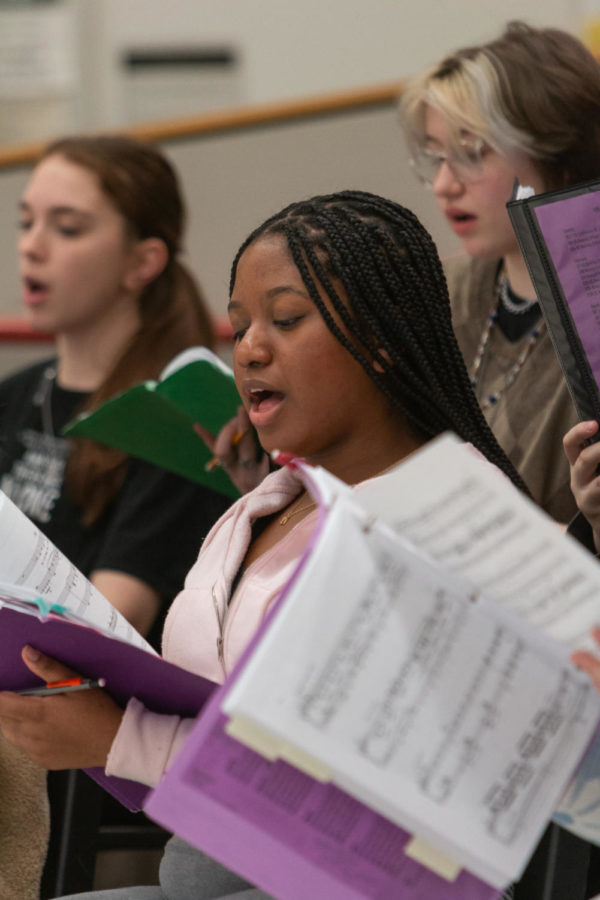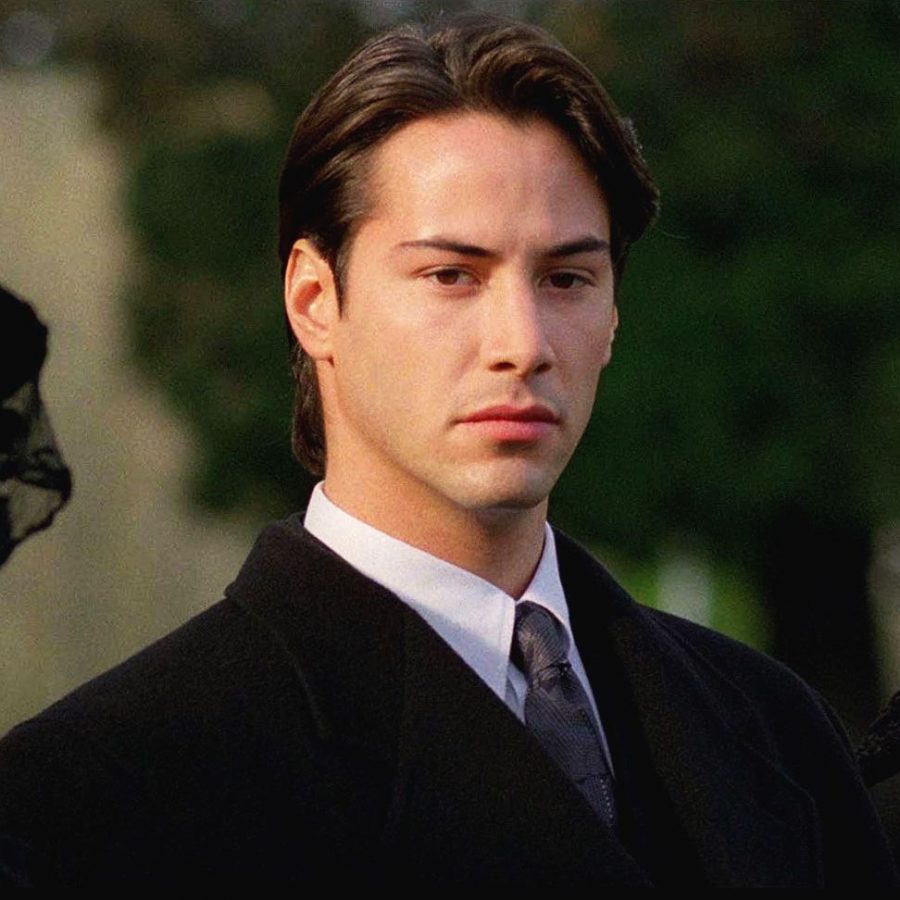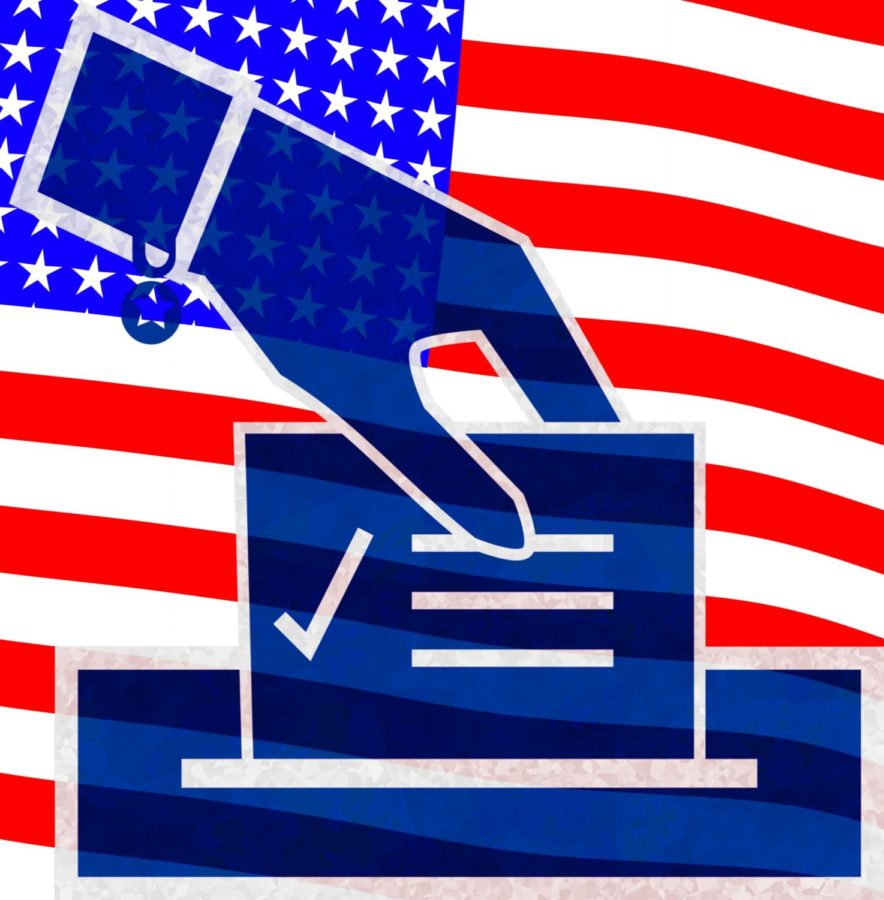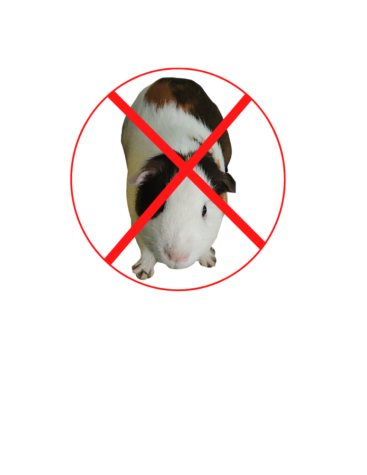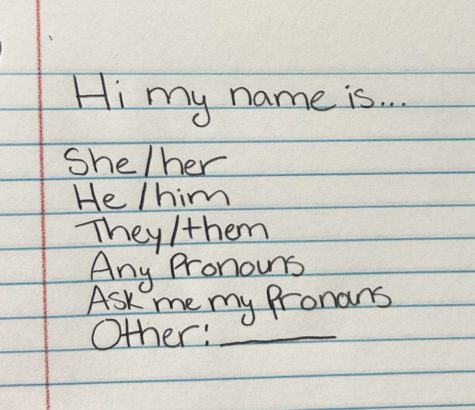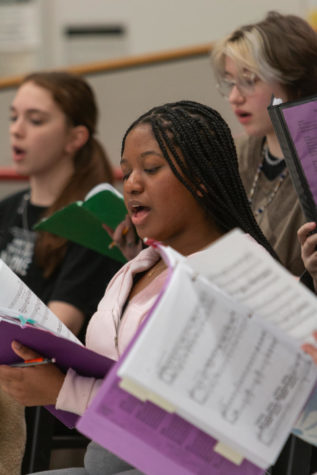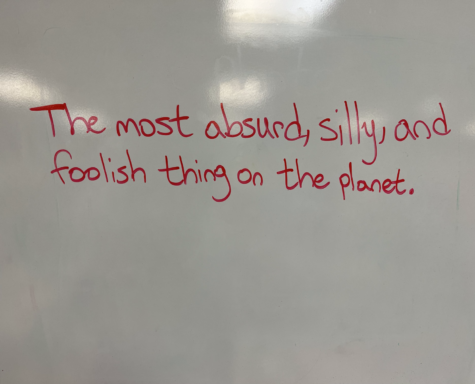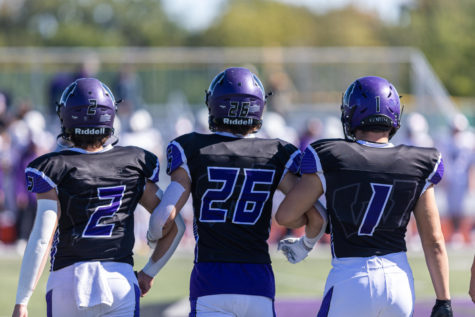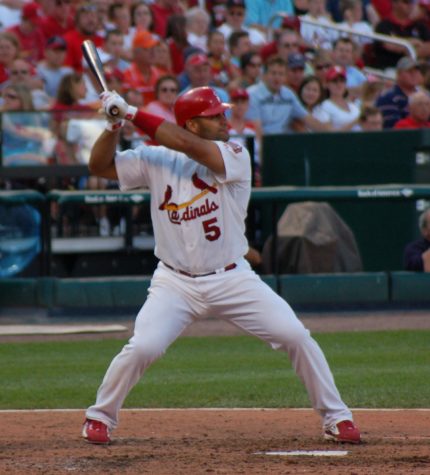Promoting Voting
16-year-olds should be allowed to vote
Photo provided by publicdomainpictures.net
Red white blue image with American Flag and Ballot Box for Voting.
In 1973, Congress ratified the Twenty-sixth Amendment to the U.S. Constitution. The amendment lowered the voting age from 21 to 18, and it was the fastest amendment ever to be ratified, all according to archives.gov. Those for the amendment argued that if Americans could be drafted, then they should be able to vote. Changing the voting age to 16 would show that if you pay taxes, then you can vote.
One of the main battle cries of the American Revolution was “no taxation without representation,” yet 16 and 17-year-olds paid over $730 million in income tax alone in 2011 compared to the $2.3 trillion paid in total, according to youthrights.org, which makes it “taxation without representation.” If they are paying taxes, they should have a say in where those taxes go.
Many opponents of this say that 16 and 17-year-olds do not have enough knowledge to have a say in major issues. However, a study published by the Annals of the American Academy of Political and Social Science found that when “comparing the qualities associated with voting—such as civic knowledge, political skills and political interest—among citizens 18 and older and citizens below 18, [there are] no significant differences between 16-year-olds and those above age 18.”
According to youthrights.org, 250,000 people under 18 are tried, sentenced or incarcerated every year as adults. They are charged and experience adult consequences, yet they do not get to vote.
In 2018, a mass shooting happened at Marjory Stoneman Douglas High School in Parkland, Fla. killing 17 people and injuring 17 others. Afterward, multiple students from the school spoke out about gun regulation. Many of these students were under 18 years old, and while this story received national attention, they could not help make a fundamental change since they could not vote. If the voting age had been changed to 16, many of those students could have taken a large role in voting on legislation to improve the issue.
According to kidsvotingusa.org, an organization that hosts mock elections for children, when children voted in their mock election, their parents had a higher chance of voting in the actual election. Also, multiple studies have found that voting is habitual, meaning once someone has voted, they are more inclined to vote in future elections. This means the more youth we have voting in an election, the higher the turnout will be for future elections.
Youth have a valid opinion and deserve the right to be heard, and whether you like it or not, the youth are our future. Lowering the voting age would force politicians to listen to the concerns of 16 and 17-year-olds. So, the solution is simple: change the voting age to 16 years old.

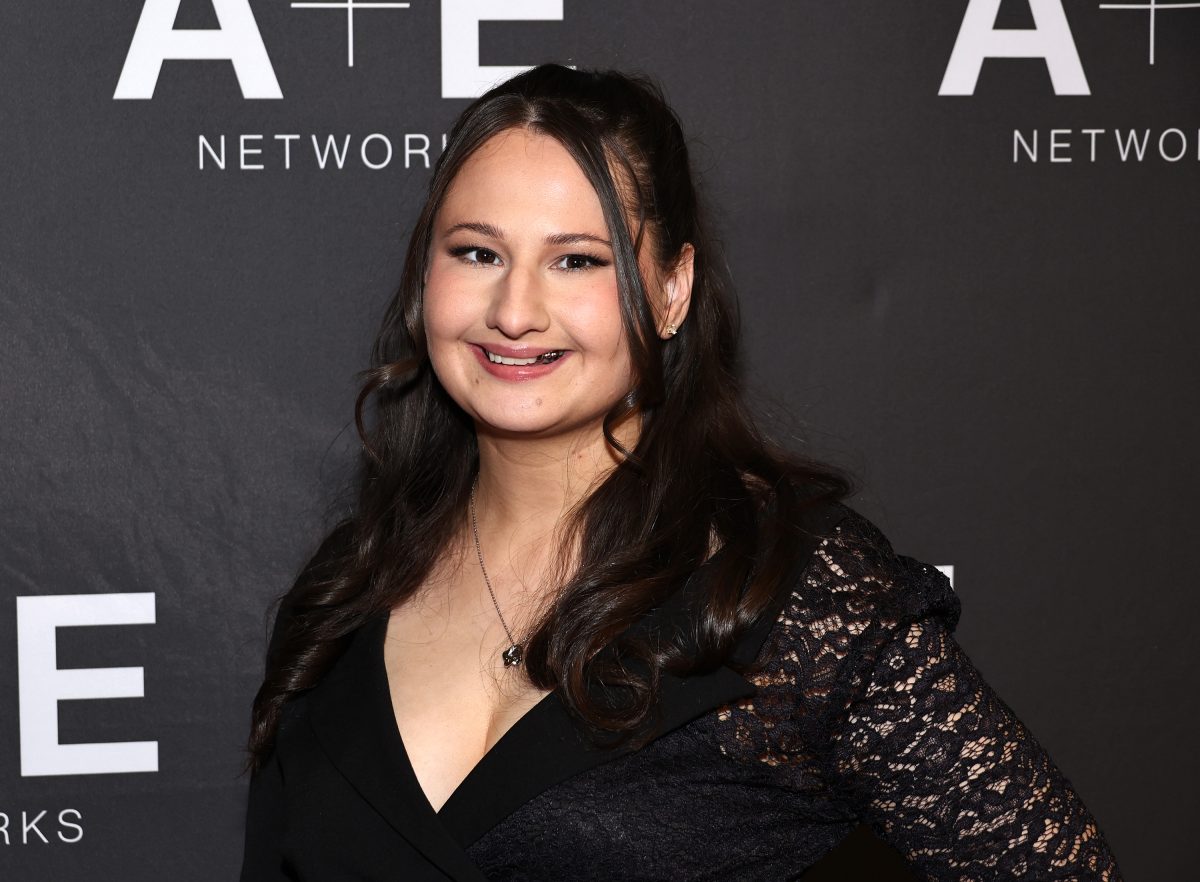


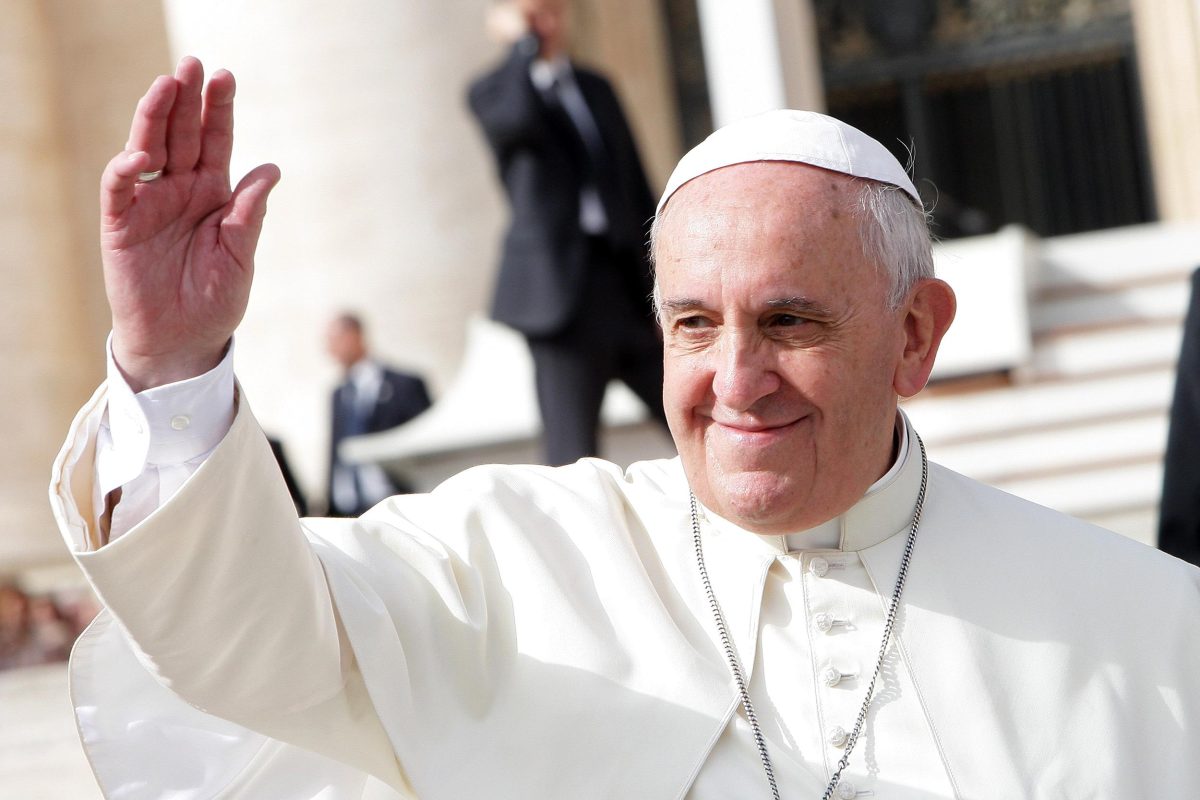
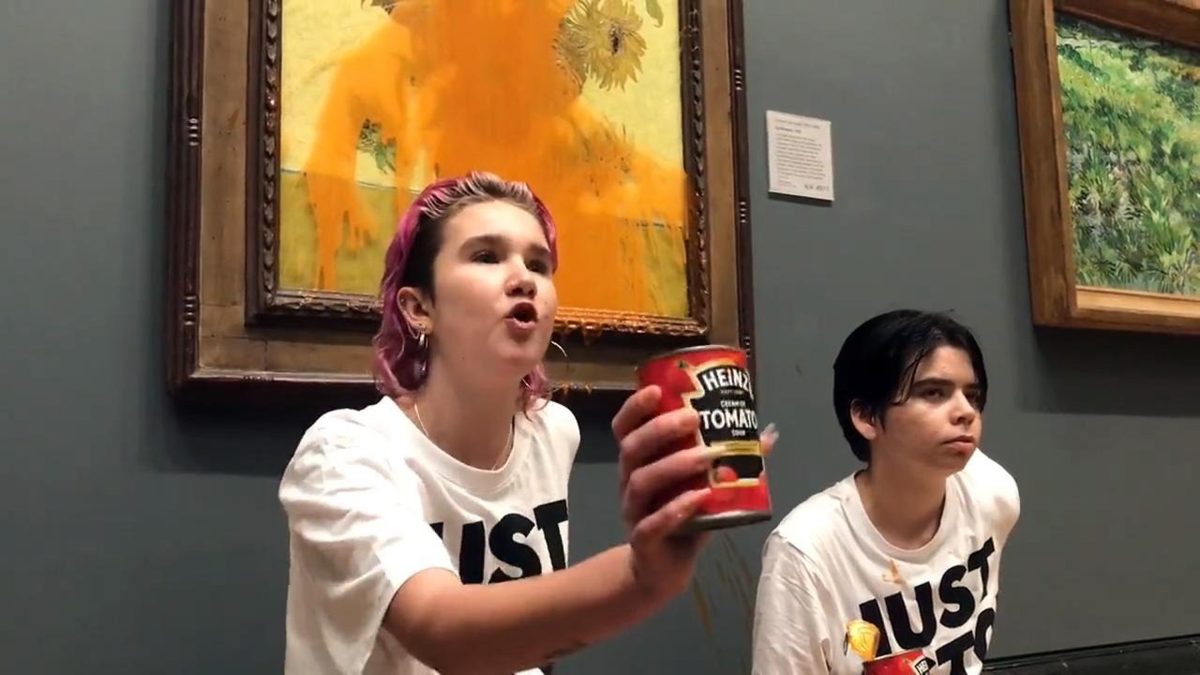

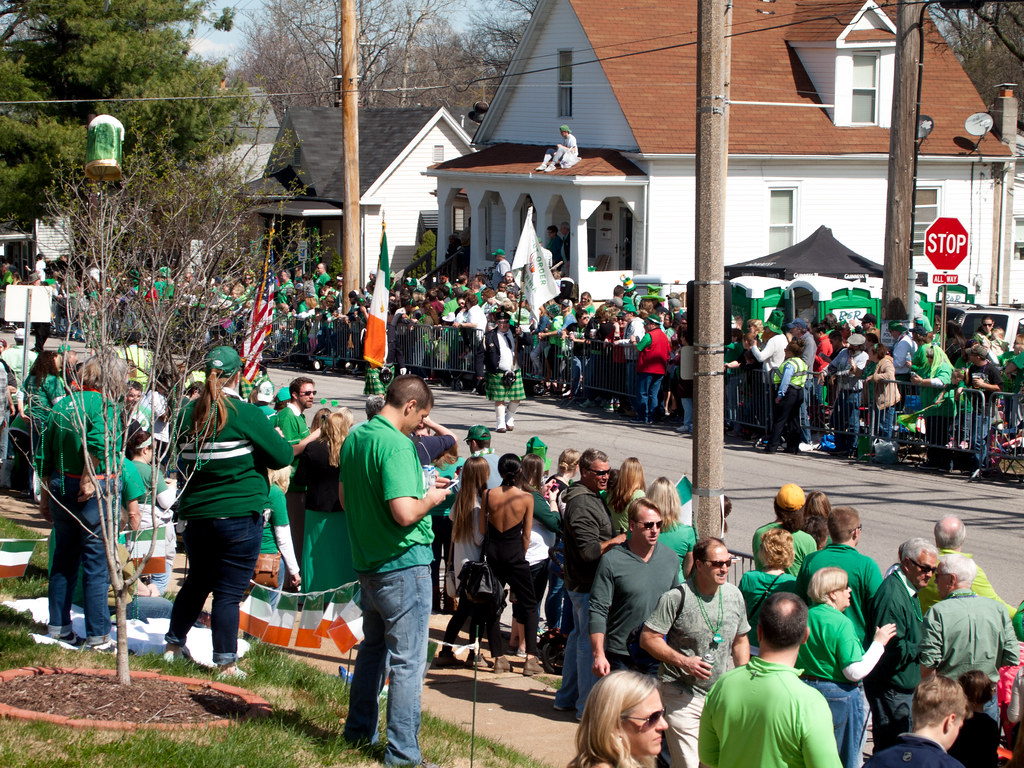

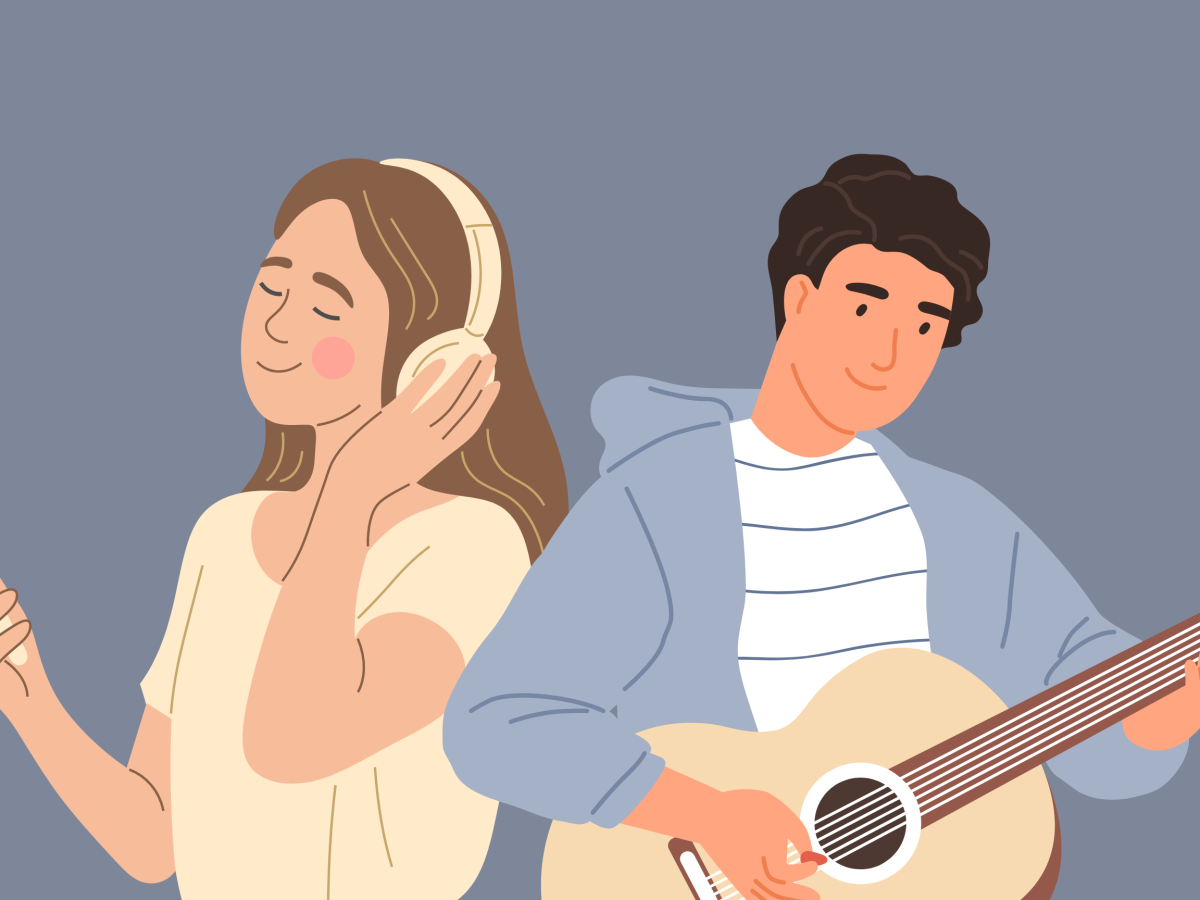
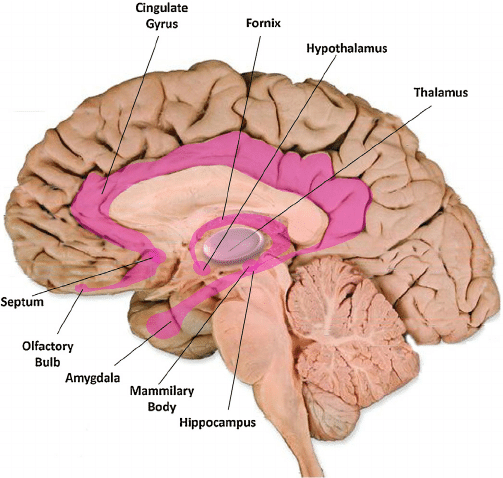
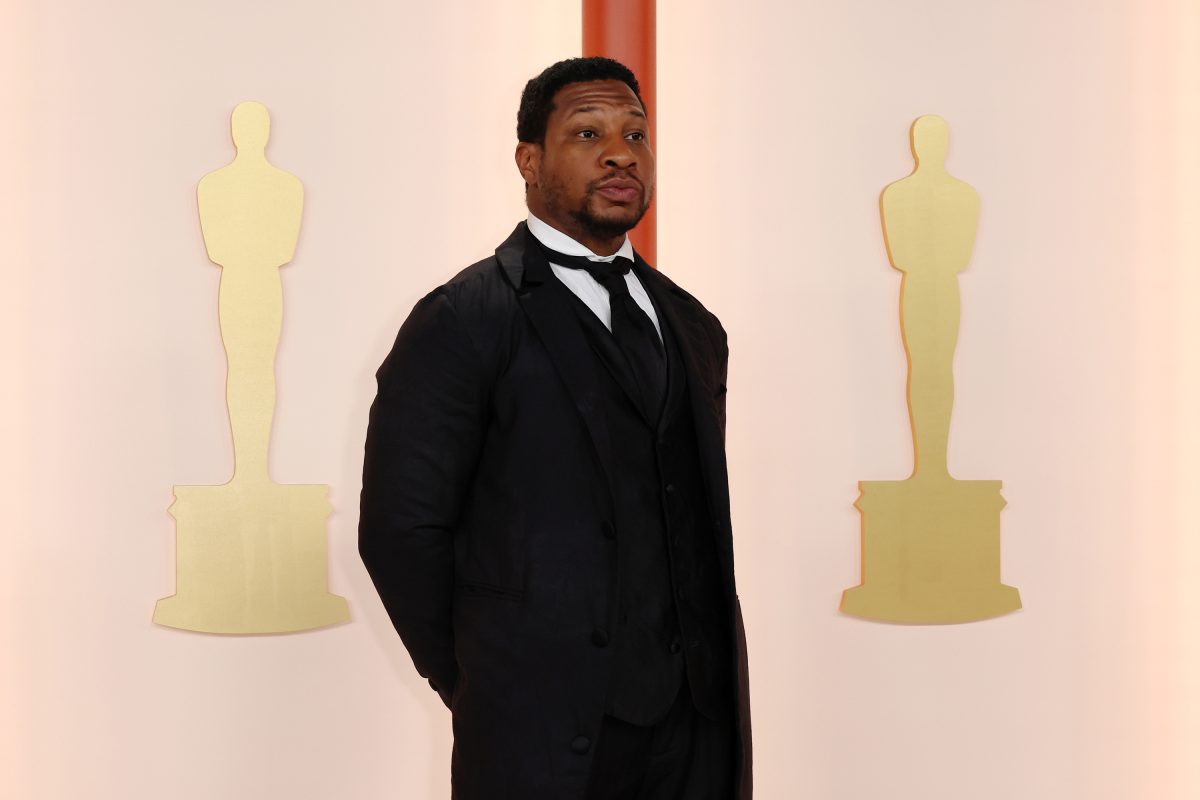


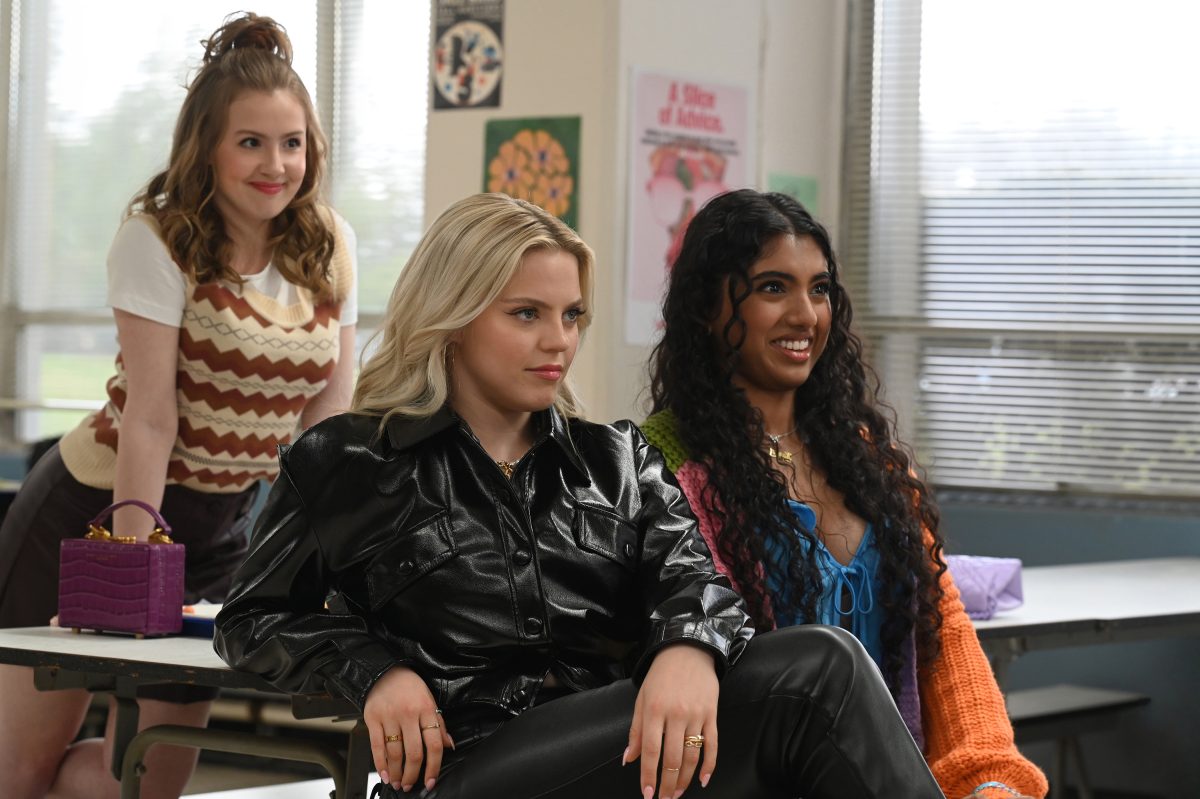
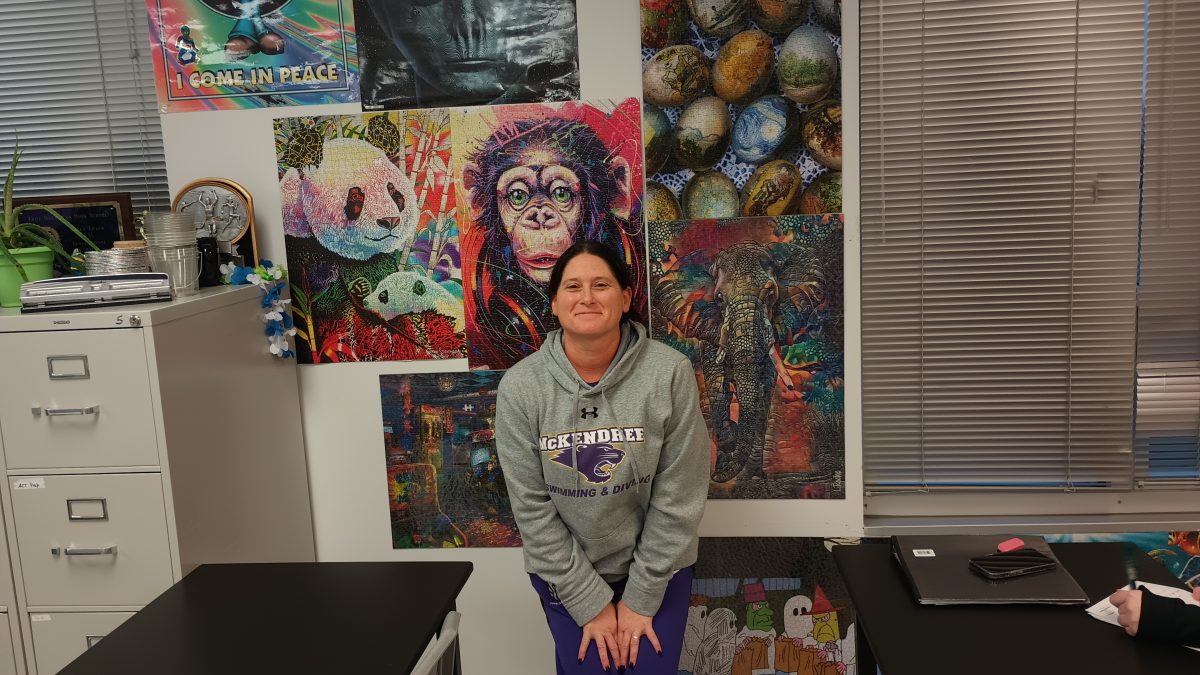
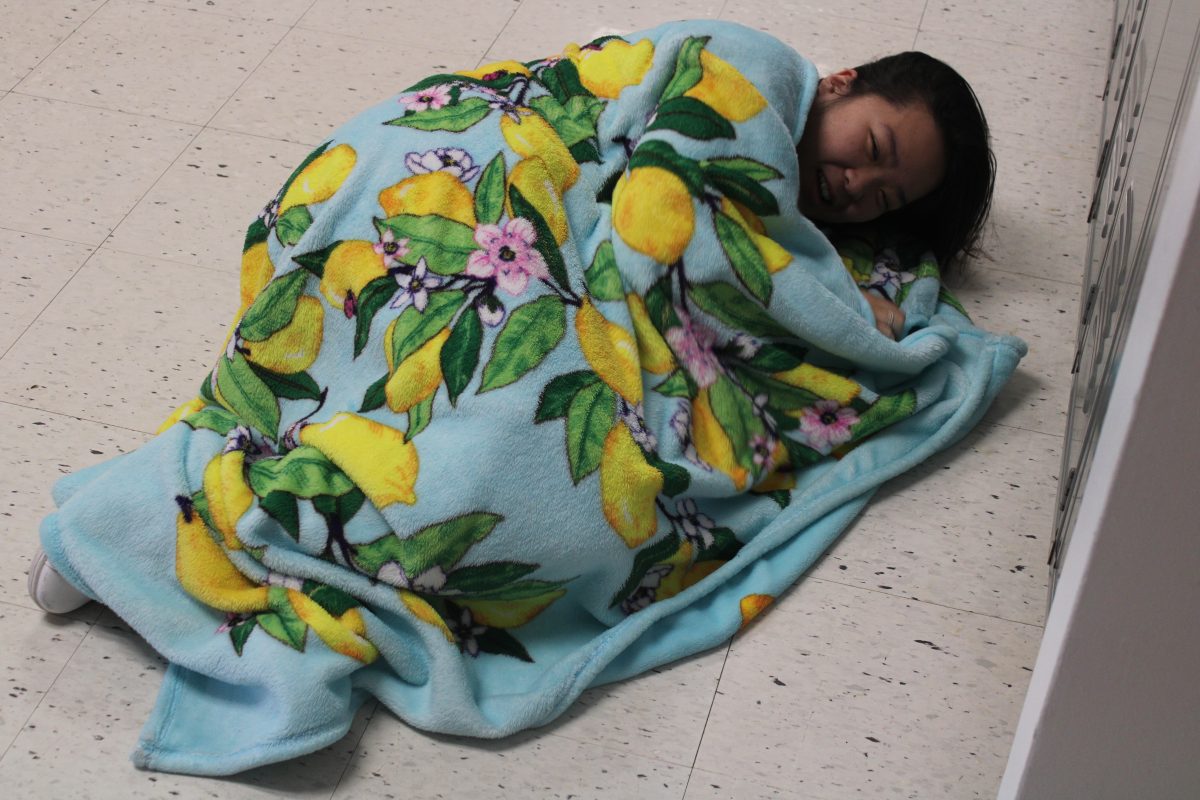
![Orchestra teacher Mieloch is seen directing the orchestra. Mieloch has been teaching for 14 years and is passionate about music.
“Ever since eighth grade I wanted to be a conductor,” Mieloch said. “When I got into high school, I had a couple of really great teachers that made me want to be a teacher and I felt like ‘let’s put them together,’ and I [became] an orchestra teacher.”](https://fzwnews.com/wp-content/uploads/2023/11/kUyj9QUMZeOPBGTDD833b9WDk7Yvt7yppa5Htzqv-800x1200.jpg)
